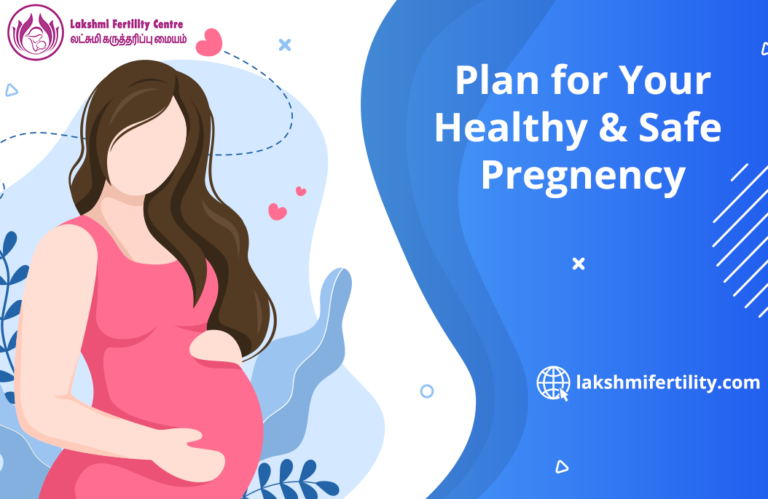HEALTHY PREGNANCY
If a woman is planning for pregnancy, it’s crucial for her to discuss her plans with a healthcare provider. The healthcare provider can provide personalized advice based on her health history and specific needs. Some general considerations for women planning pregnancy include:

-
Folic Acid:
Folic acid is essential for the development of the fetal neural tube. It is recommended that women start taking a folic acid supplement (400 to 800 micrograms per day) at least one month before conception and continue during the early weeks of pregnancy.
Folic acid is a B-vitamin that is crucial for the early development of the baby's neural tube, which eventually forms the brain and spinal cord. Adequate folic acid intake before conception and during the early weeks of pregnancy can significantly reduce the risk of neural tube defects.
It's often found in prenatal vitamins, but women can also take a separate folic acid supplement as advised by their healthcare provider. -
PRENATAL VITAMINS:
Prenatal vitamins typically contain a combination of essential nutrients such as iron, calcium, vitamin D, and others. Iron is important for preventing anemia, which is common during pregnancy.
Calcium is vital for the development of the baby's bones and teeth, and vitamin D helps the body absorb calcium.
Prenatal vitamins are usually recommended even before conception to ensure that the body has the necessary nutrients for a healthy pregnancy. -
REVIEW OF CURRENT MEDICATIONS:
It's crucial for women to review their current medications with their healthcare provider when planning for pregnancy. Some medications may need to be adjusted or switched to safer alternatives during pregnancy, as certain drugs can pose risks to the developing fetus.
However, it's essential not to stop or change any medications without consulting a healthcare professional. If the pregnency women needs to convey any specilist they can surely approach Lakshmi Fertility Centre . -
RUBELLA (GERMAN MEASLES) IMMUNITY:
Women are generally advised to ensure they are immune to rubella before becoming pregnant, as rubella can cause serious birth defects. Rubella is a viral infection that can cause birth defects if contracted during pregnancy. Checking for immunity to rubella is often done through blood tests.
If a woman is not immune, the healthcare provider may recommend getting vaccinated before conception. It's important to wait at least one month after receiving the rubella vaccine before attempting to conceive. -
PRECONCEPTION HEALTH CHECKUP:
A preconception health checkup allows healthcare providers to assess a woman's overall health and address any concerns before pregnancy. This may involve screening for chronic conditions such as diabetes or hypertension, checking for sexually transmitted infections, and ensuring that vaccinations are up to date.
-
HEALTHY LIFESTYLE:
Adopting a healthy lifestyle is crucial for both fertility and a healthy pregnancy. This includes maintaining a balanced diet rich in nutrients, engaging in regular physical activity, avoiding smoking and excessive alcohol consumption, and managing stress. Obesity and underweight can also affect fertility, so achieving and maintaining a healthy weight is important.
-
REGULAR PRENATAL CARE:
Once pregnant, regular prenatal checkups are essential to monitor the health of both the mother and the developing baby. These checkups allow healthcare providers to detect and address any potential issues early on, ensuring a healthy pregnancy. Every woman's situation is unique, so individualized advice from a healthcare provider is essential. Seeking early and regular prenatal care is key to ensuring a healthy pregnancy and delivery.
